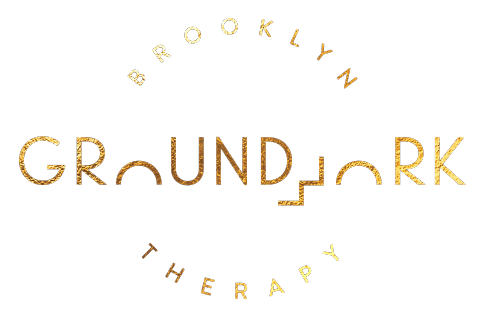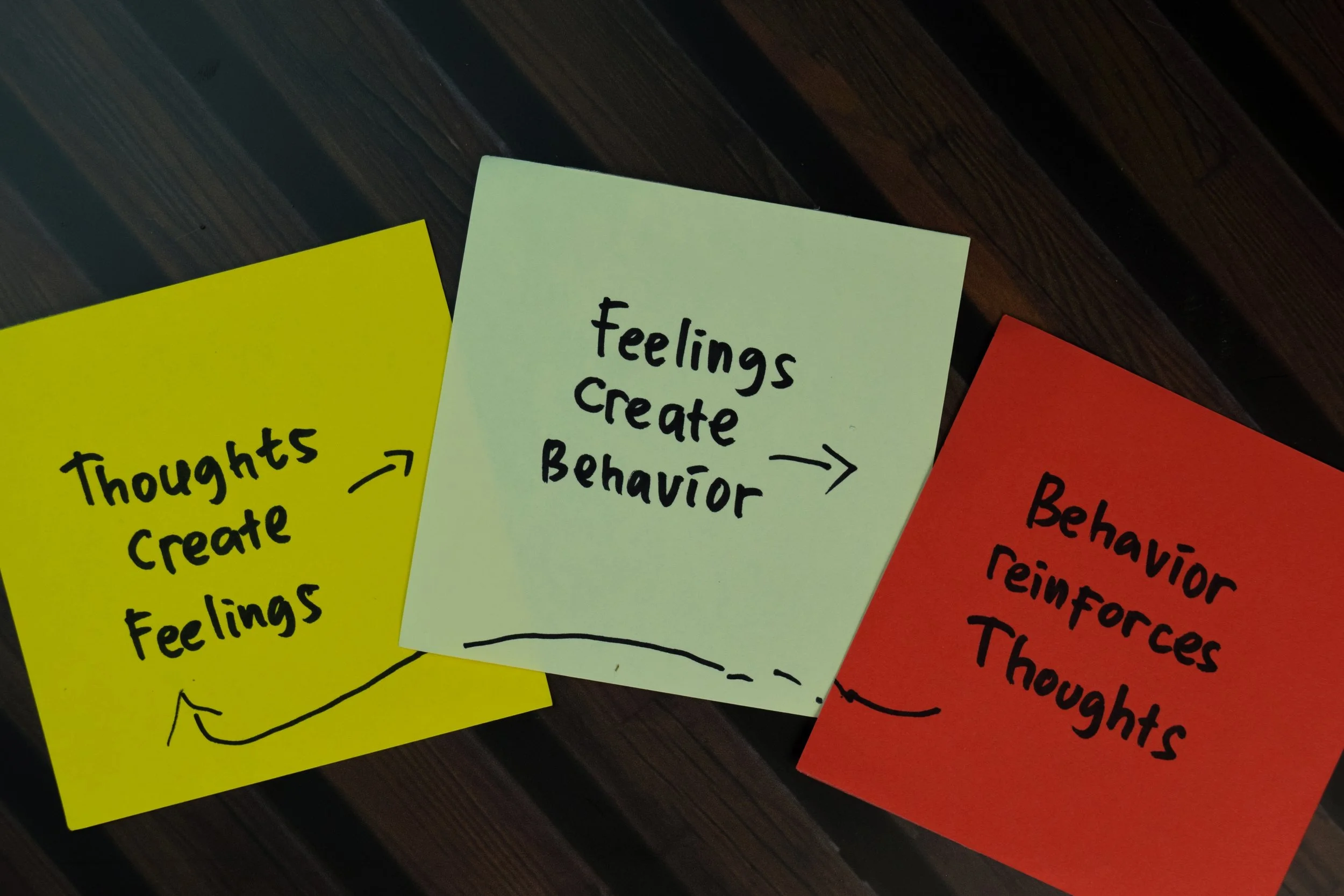CBT Therapy: A Comprehensive Guide to Cognitive Behavioral Therapy
Cognitive Behavioral Therapy, or CBT for short, is a popular and effective form of therapy available today. It is particularly effective for treating anxiety disorders, such as general anxiety, panic attacks, obsessive compulsive disorder, and phobias. It is a type of psychotherapy that is based on the idea that our thoughts, emotions, behavior are interconnected and influence one another. CBT helps people to identify and change dysfunctional thoughts and behaviors that may be contributing to their problems. In this comprehensive CBT guide, we will discuss everything you need to know about CBT therapy!
What is cognitive behavior therapy?
Cognitive-behavioral therapy is a form of psychotherapy that emphasizes the role of thoughts in shaping emotions and behavior. The basic idea around CBT is that our thoughts affect our feelings and our actions. Therefore, by changing our thoughts, we can change the way we feel and the way we behave. This can be helpful for treating a wide range of mental health conditions, including anxiety, depression, and addiction. Cognitive-behavioral therapy typically involves working with a therapist to identify negative thought patterns and replace them with more realistic and positive ones. The aim is to help patients learn to manage their thoughts and emotions so that they can better manage their lives.
What are the steps in CBT?
Cognitive-behavioral therapy typically involves 5 steps that are conducted by a licensed therapist:
Assessment: The first step of cognitive behavioral therapy is to identify the problem. This may seem like a simple task, but it is often a significant part of the CBT process. Many people are not aware of the thoughts and behaviors that contribute to their mental health problems. For example, a person with depression may not realize that their negative thinking patterns are contributing to their condition. The client and therapist cannot work toward change until the problems underlying the presenting mood symptoms are identified.
Reconceptualization: In cognitive-behavioral therapy (CBT), reconceptualization is a process of changing the way a person thinks about themself, others, and the world around them. This change in perspective can lead to a change in behavior and help people to better cope with challenging situations. Reconceptualization often begins with psychoeducation, which is designed to help people understand how their thoughts and emotions influence their behavior. Armed with this knowledge, people can start to challenge negative thoughts and beliefs that may be contributing to their distress. For example, someone who is struggling with anxiety might come to realize that their fear of failure is preventing them from trying new things. With this new understanding, they can start to take steps to address their anxiety and build confidence. While reconceptualization is a key part of CBT, it is important to remember that change takes time and effort. Results are not usually immediate, but the goal is to help people develop skills that they can use for the long term.
Skills acquisition & application: This stage focuses on helping the individual to develop new skills and to practice using them in real-world situations. The goal in this stage is to equip the individual with the tools they need to manage their thoughts, emotions, and behaviors in a more productive way. A variety of techniques may be used during this stage, including education, role-play, and exposure therapy. Through skills acquisition, the individual can begin to make positive changes in their life that lead to lasting results.
Generalization and Maintenance: After the patient has learned to challenge and change their negative thinking patterns in the earlier stages of cognitive-behavioral therapy, they enter the generalization and maintenance stage. In this stage, the patient works on applying these new skills to different situations and maintaining the gains they have made. The therapist may continue to provide support and advice as needed, but the focus is on helping the patient become more independent. This stage of therapy often lasts for several months to ensure that the skills have been fully learned and integrated into the patient's life. However, some patients may need booster sessions or periodic check-ins even after this stage is complete.
Post-treatment assessment follow-up: The post-treatment assessment stage of CBT is important in order to determine the effectiveness of treatment and to identify any possible relapse triggers. This stage usually lasts for 6-12 months after treatment has ended, and during this time the patient will meet with their therapist on a regular basis. During these sessions, the therapist will assess how well the patient is coping with their mental illness and whether they are at risk of relapse. If necessary, the therapist may also adjust the treatment plan during this stage. However, it is ultimately up to the patient to stay committed to their recovery and to continue practicing healthy coping mechanisms. With the right support, individuals can overcome their mental illness and live a happy and fulfilled life.
What conditions is CBT Used to Treat?
CBT has been proven to be an effective treatment for a wide variety of mental health disorders, including but not limited to:
Anxiety
Depression
OCD
Eating disorders
Substance abuse
It is important to note that CBT is not a one-size-fits-all approach, and the specific techniques implemented will vary depending on the individual and their needs. However, the core principles of CBT remain the same regardless of the specific disorder being treated.
If you think that CBT may be right for you, it is important to search for a "licensed therapist near me" who is trained in this type of therapy. A professional therapist will be able to assess your individual needs and create a treatment plan that is tailored to you. With the right support, CBT can be an incredibly effective tool in managing mental health disorders.
Groundwork Therapy in Brooklyn, NY
Groundwork Therapy is a team of licensed clinical psychologists and therapists who provide therapy to adolescents, adults, and couples at our office in Brooklyn, NY. We provide a variety of services, including individual therapy, couples therapy, family therapy, and group therapy. If you have questions or would like to learn more about our services or schedule an appointment, please contact us today.


